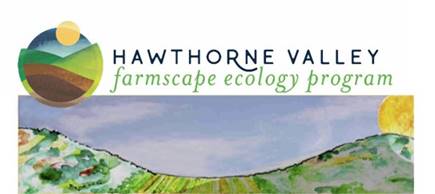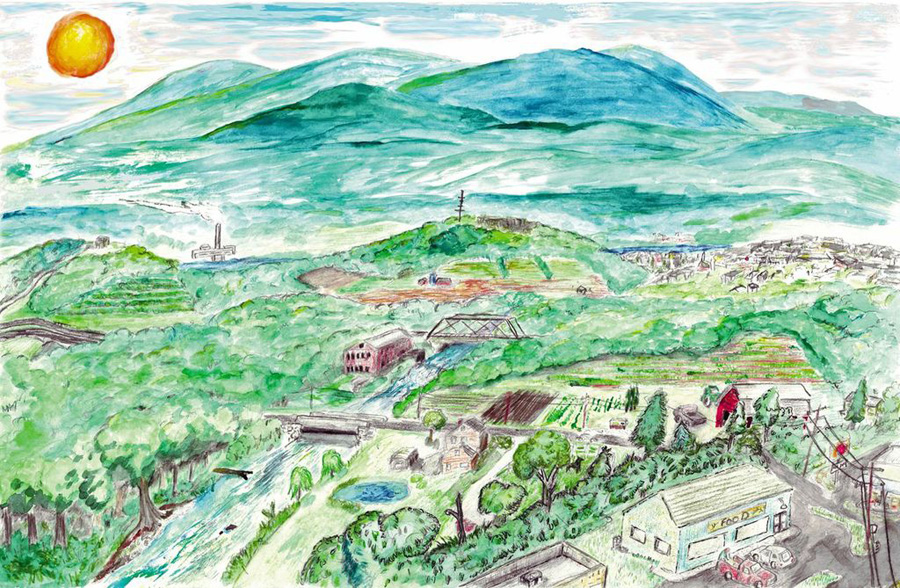at BUSHEL: Farmscape Ecology with Conrad Vispo and Claudia Knab-Vispo
 Our current ecological landscapes are the result of a region’s inherent characteristics (such as its topography, geology, flora and fauna) interacting with other forces such as human use and modifications. Nature conservation in those landscapes is influenced by that human use, but so too is that human use affected by wild nature. This is perhaps most evident in agriculture, where farm management can affect, for better or worse, native biodiversity and where, through agroecological interactions, food production is influenced by the surrounding biota.
Our current ecological landscapes are the result of a region’s inherent characteristics (such as its topography, geology, flora and fauna) interacting with other forces such as human use and modifications. Nature conservation in those landscapes is influenced by that human use, but so too is that human use affected by wild nature. This is perhaps most evident in agriculture, where farm management can affect, for better or worse, native biodiversity and where, through agroecological interactions, food production is influenced by the surrounding biota.  This talk will describe our experience looking at these dual perspectives in the mid Hudson Valley. It will outline resulting management suggestions and highlight what we believe to be open questions. Delaware County is a bit outside of our home turf, and we will be curious to hear what of this seems relevant to you!
This talk will describe our experience looking at these dual perspectives in the mid Hudson Valley. It will outline resulting management suggestions and highlight what we believe to be open questions. Delaware County is a bit outside of our home turf, and we will be curious to hear what of this seems relevant to you!
Conrad Vispo PhD Wildlife Ecology, University of Wisconsin; MS Wildlife Ecology, Indiana State University; BS Wildlife Ecology, Cornell. Before returning to Columbia County, where he grew up, Conrad conducted ecological research on a variety of organisms, including mammals, birds and fish in a variety of places, including the woods of northern Wisconsin and tropical Venezuela. Conrad’s recent focus is on agroecology – what habitats can farmland provide for native species and, in turn, what can those native species provide to farming? Conrad’s passion is understanding historical and modern patterns of animal (including human) ecology on the land.
Claudia Knab-Vispo, PhD Land Resources, University of Wisconsin-Madison; Diploma (MS) in Biology, Ludwig-Maximilians-Universitaet Muenchen, Munich Germany. After working on plant-animal interactions in Borneo and on ethnobotany in Venezuela, she has spent more than a decade documenting and teaching about plants in and around Columbia County. Her research and educational work are guided by questions such as: How has the flora of Columbia County changed since it was first documented in the 1930s? Which are the rare and vulnerable native plants that currently share the landscape with us, where are they found, and how can we protect them? What importance did/do the wild plants have for people? Which resources do they provide to animals? How can we make our farms and backyards more friendly for pollinators and other beneficial insects?
It's a pot luck, so please bring a dish to pass or a beverage to share if you wish. And we'll have some tasty treats from Bakers Grimm in Delhi.

